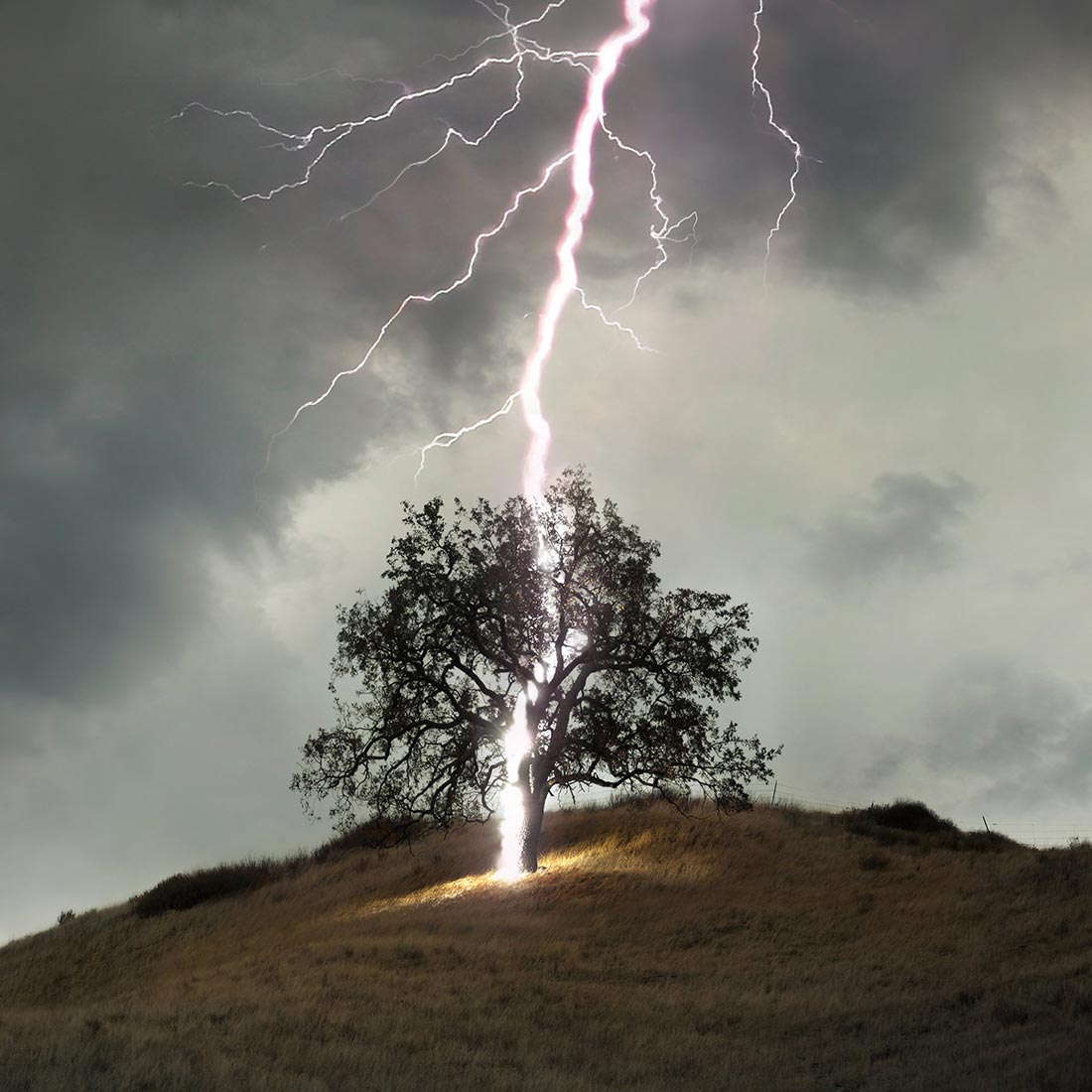

Job 5:7
7 Yet man is born to trouble as surely as sparks fly upward.
Trouble befalls all of mankind, as surely as sparks fly upward. It is part of
the nature of being in the human race.
Peter said (1 Peter 4:12):
Dear friends, do not be surprised at the painful trial you are suffering, as
though something strange were happening to you.
If life doesn’t happen the way we want it to, we tend to describe the events of
life as tragic for us. The tragedies of life strike us as odd in part because we
define tragedy much differently than God does and we do so because we don’t
understand the scriptures.
The words of Jeremiah to the exiles to Babylon illustrate this for us (Jeremiah
29:4-19).
Jeremiah tells the exiles that THEY are living under God’s blessing, while those
who were not carried off to a foreign land are living under his curse, pursued
by endless tragedy until they meet a violent death.
Shockingly, God tells the exiles that He is the author of their tragedies. But
then in an interesting turn, God tells the exiles that though they will be
blessed and their counterpart cursed, both groups are equally guilty in his
sight. God has brought righteous acts of judgment and discipline to them all,
but then has chosen to extend mercy to some.
This apparent tragedy was not simply allowed by God to fall upon his people, he
caused it to happen, he carried it out, and it was his doing. That’s a difficult
concept for us to grasp because we have so redefined the scriptures and Biblical
concepts to match our own desires and views of how life should go.
We read in the scriptures that God is not the author of evil and we conclude
that no evil can befall us. However when we come to this conclusion, we have
often redefined the nature of evil.
What happened to Jerusalem was not an act of evil; it was an act of discipline
and judgment for sin and disobedience. In this scenario we see that national
tragedy befell the people of God because of sin, disobedience, and a forsaking
of God.
Divine discipline and judgment in the form of tragedies, although they may
bring about unfavorable circumstances in our lives, are not evil. In fact they
are acts of righteousness. An act of righteousness cannot also be categorized as
an act of evil. When justice is carried out or discipline administered,
righteousness is being upheld. That can never by nature be an act of evil though
it may be painful and costly.
Most Christians live under the false notion that Christianity is supposed to
serve them in some manner that makes their earthly lives better and fulfils
their desires.
But God doesn’t look at life from our perspectives; he looks at it from his
perspective with a wisdom and understanding that is based in eternity. This is a
perspective that we are not capable of understanding or comprehending.
The takeaways from this weeks study:
Tragedies in life are no respecter of persons: God does not promise us a
tragedy-free life. On the contrary he assures us that tragedy and trouble will
befall us.
God does not define tragic circumstances based on our desired outcomes in life.
He isn’t here to serve us and fulfill our every desire in life.
God’s acts of discipline and judgment are in keeping with his righteous nature
and can never be categorized as evil, regardless of how much heartache they may
bring into our lives.
God’s sovereign choice to spare some who have sinned from more severe
consequences than others who are equally guilty is not unjust to those who
suffer. The mercies of God can never be equated with evil.
Join us Sunday mornings at 10:00 AM.